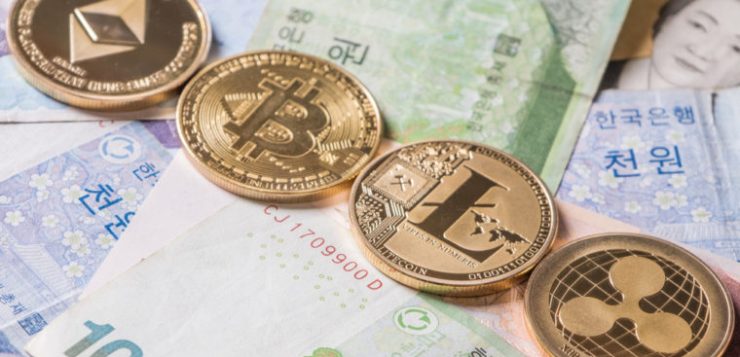Citing money laundering concerns, South Korean cryptocurrency exchange Bithumb has banned trading in 11 countries including North Korea, Iran, Iraq.
In an announcement on Monday, the exchange said it will comply with global anti-money laundering norms by blocking all transactions of residents in jurisdictions belonging to the Non-Cooperative Countries and Territories (NCCT) blacklist.
The 11 NCCT countries are seen by the inter-governmental Financial Action Task Force (FATF) as nations that have taken insufficient measures to combat money laundering, terrorist financing and other threats to the international financial system. The countries, in addition to North Korea, include Bosnia and Herzegovina, Ethiopia, Syria, Iran, Iraq, Sri Lanka, Trinidad and Tobago, Tunisia, Vanuatu and Yemen.
The measure took effect on May 27 with Bithumb no longer accepting new users from the 11 nations listed by the NCCT initiative. Existing users from those nations will also see their accounts disabled from June 21.
According to data from Coinmarketcap, Bithumb is Korea’s largest and the world’s fifth largest cryptocurrency exchange with over $400 million in tokens traded over a 24-hour period.
In addition, Bithumb says it has strengthened its own anti-money laundering policies by implementing the recommendations of authorities from the South Korean government and the Korea Blockchain Association, a self-regulatory industry working group. Established in December, the body introduced a number of measures including ethical codes in an effort to foster transparency in domestic crypto trading markets. The industry body also mandated strict rules to prevent market manipulation and insider trading. A number of major exchanges including Bithumb and Upbit will undergo periodic evaluations.
A spokesperson for Bithumb added:
“We will strictly enforce our own rules and protect our investors while we actively cooperate with local authorities.”
For international users, Bithumb is in the process of mandating a mobile verification process to avoid any instances of falsification of user information, the exchange added.
Read more at: CCN







